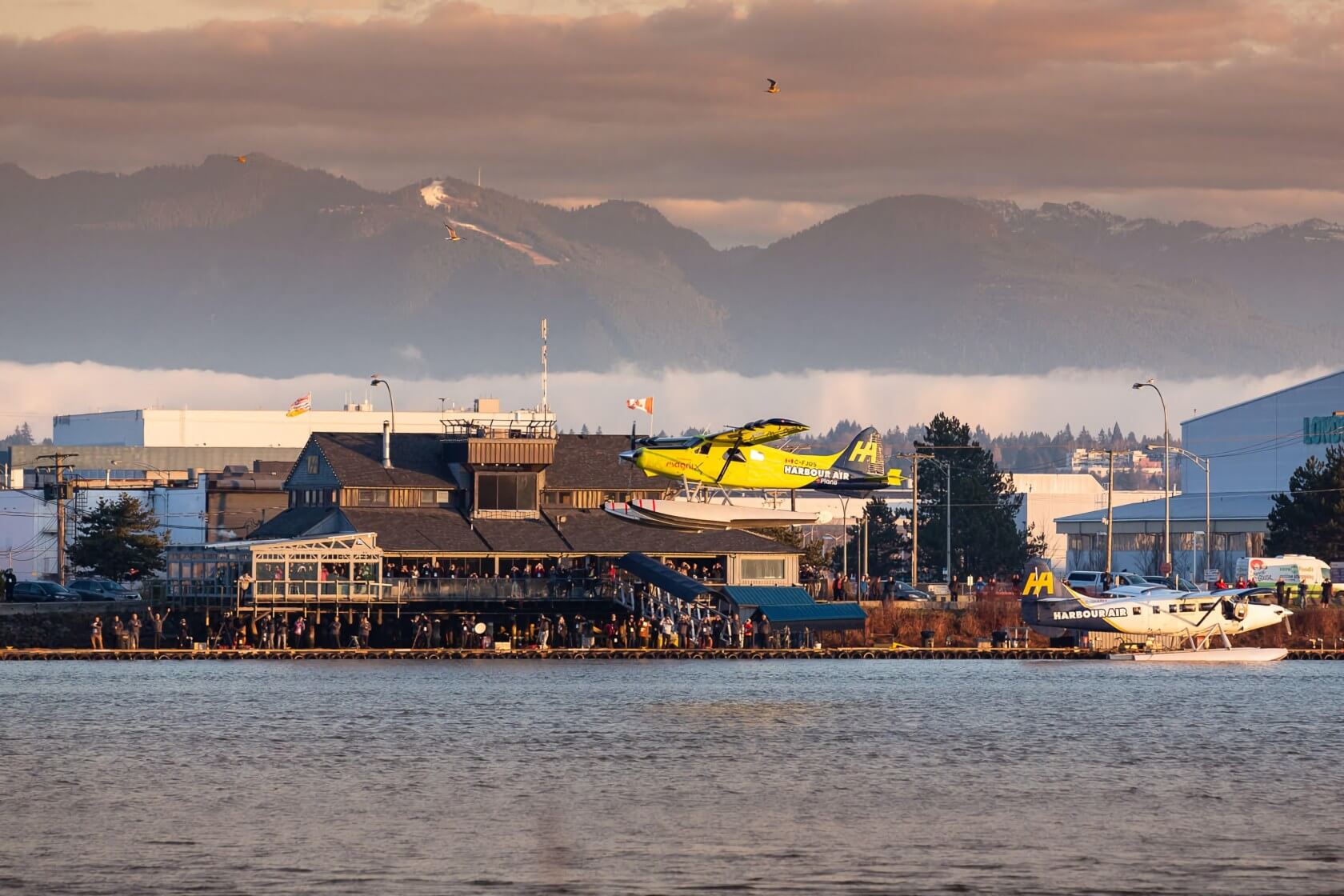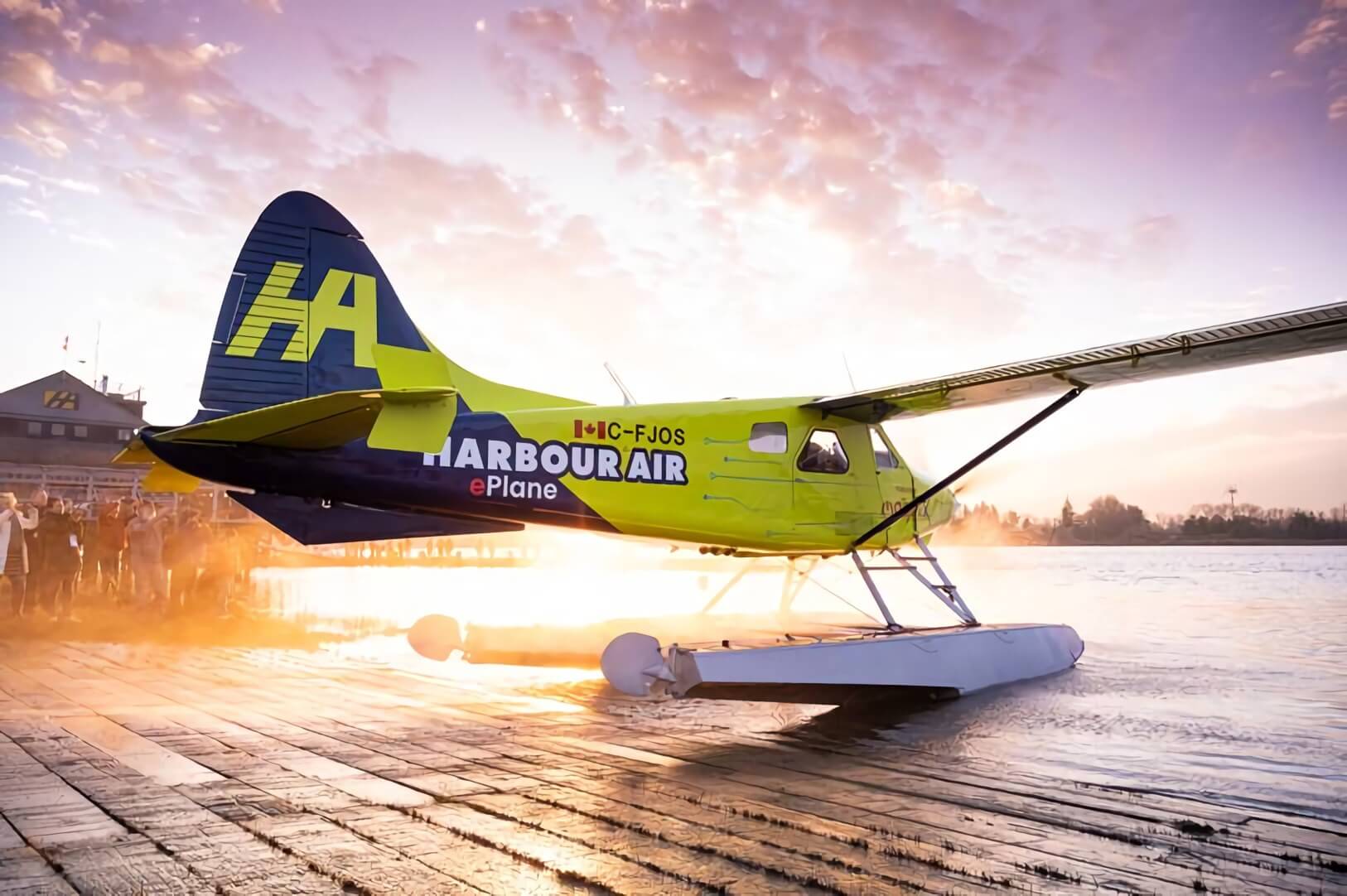Electrification: Electrification is the future of transportation, and the world takes a step closer to that reality every day. We saw the latest example of that yesterday when the world's first commercial electric airplane took to the air: the Harbour Air "eBeaver."
The plane took to the air in Vancouver, British Columbia for a total of 10 minutes as part of a brief proof-of-concept test flight. The flight took place over the Fraser River, and it was piloted by Harbour Air's own CEO and founder, Greg McDougall.
According to the company, this "historic flight" signifies the start of the "third era" in aviation, an era it calls the "electric age." This is a bold claim, and a debatable one – while the eBeaver might be the first commercial electric airplane to take to the skies, it's not the first commercial electric aircraft to do so.
We've seen other electric "air taxi" companies achieve similar milestones, though those "flights" are often little more than a quick hop – the vehicles propel themselves up, hover for a few seconds, and then quickly land.
By contrast, the eBeaver managed a much longer horizontal flight, which is certainly impressive given its power source. You can see a cut-down version of the plane's test flight in the video above (headphone users beware).

"Today, we made history," said McDougall. "I am incredibly proud of Harbour Air's leadership role in re-defining safety and innovation in the aviation and seaplane industry. Canada has long held an iconic role in the history of aviation, and to be part of this incredible world-first milestone is something we can all be really proud of."
The eBeaver is a six-passenger plane with a 750-horsepower (560kW) "magni500" propulsion system, which helps to deliver clean and efficient power to airplanes. Sadly, other details like the eBeaver's top speed or maximum range are unknown at the moment.
Harbour Air will begin its first commercial eBeaver flights in 2022.
